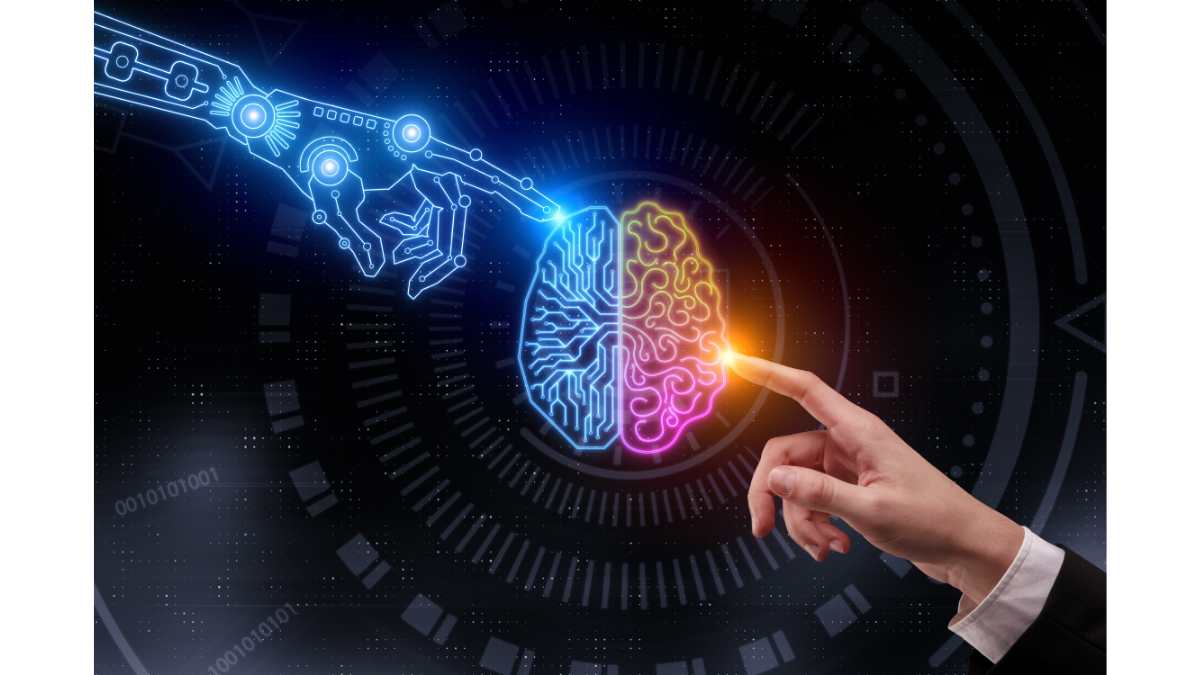This is a common concern in the digital age we live in. The answer to this question is complex and depends on many factors. However, here I will try to clear some doubts with data and concrete studies.
by Lucas Mailland*
Importantly, AI will not completely replace human workers, but will change the way certain tasks are performed. Automation and robotics are transforming the way we do business and have a huge impact on the job market. But rather than fearing these changes, it's important to understand how they can affect our careers and prepare us for new opportunities that may arise.
How many jobs will be affected by AI? According to a study by PwC, the global artificial intelligence industry is projected to grow at a CAGR of 15.7% until 2025 and for example, by 2030 AI could replace around 38% of current jobs in the United States.
A study by McKinsey Global Institute estimates that up to 375 million workers worldwide will have to change professions in the coming years due to the automation of jobs. In addition, it is estimated that between 15% and 20% of current jobs will be automated in the short term.
Some examples of professions that could be affected by automation and artificial intelligence include:
* Repetitive jobs in the manufacturing industry, such as machine operation and product inspection.
* Administrative tasks, such as data entry and email management.
* Jobs in the service sector, such as telephone support and customer service in certain contexts.
* Professions that require little specialized knowledge, such as jobs in the transportation and logistics industry.
Importantly, while automation and artificial intelligence can replace certain tasks, they can also free workers from tedious and repetitive tasks, allowing them to focus on tasks that require human skills, such as problem-solving, decision-making, and creativity; so AI is expected to create new professions required by the developing digital economy.
The PwC study, to which I referred, also indicates that there will be a high demand for professionals trained in this area. According to another study by the World Economic Forum, 85% of the jobs that will exist in 2030 have not yet been invented. In addition, AI could create more than 133 million jobs and increase the productivity of the global economy by 26% by the same year, generating new job opportunities.

Some examples of new professions or areas of work that could emerge or gain importance due to the introduction of artificial intelligence and automation include:
* Software developers and artificial intelligence specialists, responsible for creating and maintaining automated systems.
* Data analysts, responsible for collecting, organizing, and analyzing large amounts of data to inform decision making.
* Cybersecurity specialists, who protect systems and data from potential online threats.
* Digital transformation consultants, who help companies adopt and make the most of technology.
* Digital skills instructors and coaches, who teach people how to use technology effectively.
These are just a few examples, but new professions and areas of work are likely to emerge in the near future as technology continues to evolve.
It is important to note that artificial intelligence will not completely replace human workers, but will transform existing jobs and create new jobs, therefore, it is essential to be prepared to adapt to changes and be in constant learning to perform new professions in the near future.
In conclusion, artificial intelligence is transforming the way we do business and live our lives, and it is an undeniable reality that some jobs will be replaced by machines and algorithms. But it is also true that this technological transformation is generating new opportunities and professions in areas such as AI development, data management, cyber security and robotics.
It is crucial to be prepared for these changes and to be attentive to the skills and competencies that will be valued in the future of work. Some tips include learning about emerging technologies and their impact on the job market, developing technical skills and soft skills such as problem solving and effective communication, and looking for continuing education opportunities.
Ultimately, while AI can be a threat to some jobs, it can also be an opportunity to create a more diversified and exciting future of work. With a proactive attitude and proper training, we can be prepared to make the most of the opportunities offered by artificial intelligence.
That is why it is crucial to be aware of the new professions that arise and develop skills and knowledge in relevant areas. Here are some tips to face this stage:
Stay updated: Technology is rapidly evolving, so it's important that you stay informed about the latest trends and developments in the field of AI.
Learn new skills: Consider developing skills that are complementary to AI, such as creativity, empathy, and teamwork skills.
Look for opportunities in new sectors: AI is creating new job opportunities in sectors such as robotics, biotechnology and artificial intelligence.
Develop digital skills: The digital age is transforming many aspects of our lives, including the job market. Develops skills such as the handling of technological tools and the understanding of data.
Encourages creativity: AI cannot yet replace human creativity, so fostering this skill may be an advantage in the near future.
These are just a few tips to help cope with the changes in the labor market due to AI. Staying informed, developing complementary skills and being open to new opportunities are keys to succeeding in this age of artificial intelligence.
 * Lucas Mailland, CEO of Fichap.
* Lucas Mailland, CEO of Fichap.



























Leave your comment